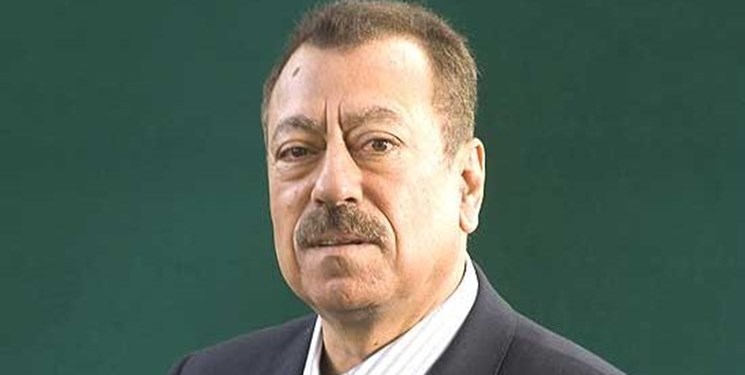Last Sunday night, following the sudden action of Tunisian President Qais Saeed to oust the Prime Minister and the suspension of the parliament with the support of the army, various analyzes have been presented about these developments.
Some see the Tunisian president’s move as a coup, or at least a quasi-coup, while others see it as the best decision by Qais Saeed.
In his memo today, Abdul Bari Atwan, editor-in-chief of the electronic newspaper Rai Al-Youm, scrutinized the developments in Tunisia and asked a few questions about them.
At the beginning of his memoir, the author poses his questions as follows: “Is Saeed in the first and most important round of the fight against his greatest opponent; Ghannouchi won? What are three important reasons for his early victory? Will he succeed in returning Tunisia to the presidency? “How do we see future scenarios?”
“After political tensions at all levels, which led to the paralysis of most but not all of Tunisia’s institutions, Tunisian President Qais Saeed decided to take the initiative and Article 80 of the constitution,” the memo said. Activate him, which would give him the power to dissolve the government, suspend the parliament and revoke the immunity of its members, and assume the responsibility of the country’s executive branch.
The relative satisfaction of the Tunisian people with the decisions of Qais Saeed.
This sudden move came as a shock to his political opponents, especially in the Ennahda Party and the heart of Tunisia, the largest parties in parliament, who called it illegal to establish a single person in the country. But observers of the developments in Tunisia speak of a kind of satisfaction of the people of this country, which was fully reflected in the demonstrations in support of the independent president who is not affiliated with any political party.
Tensions and stagnation in Tunisia over the past six months, political and media “opposition” have erupted, and the rebellion of Prime Minister Hisham al-Mashishi over the orders of the [President] Qartaj Palace could not continue, especially since The outbreak of the Corona and the escalation of the economic crisis filled the Tunisian people’s patience. Therefore, this explosion was inevitable and the only issue was its time and who fired this explosive bullet first. President Saeed or his opponent Sheikh Rashid al-Ghannouchi, speaker of parliament and leader of the Ennahda party.
Qais Saeed is seeking a parliamentary military transition to the presidency
The majority of Tunisia’s political elites strongly believe that the Tunisian parliamentary system has faced many obstacles since its official implementation a few years ago, and that the voice of the people has been raised in favor of changing the system to a presidential system. Meanwhile, President Qais Saeed had the loudest voice in the field, and it is possible that his movement will achieve this constitutional change through a popular referendum, which will prevent similar crises in future governance.
Qais Saeed showed his intelligence.
Whether they like it or not, President Saeed handled the current political crisis and tension wisely when he played the role of an oppressed president and quenched his anger in front of public opinion, waiting for the state of popular anger and resentment to mature and eventually peak. . His opponents saw him as a weak people who, like them, did not rely on a political party and did not have a strong party base, so he could not make decisive decisions like the one he had made overnight; To take. But he toppled the table, especially by ousting the “disobedient” prime minister, who many believe was the basis of the crisis, and suspending parliament rather than dissolving it.
Three supporters of the Tunisian president in seizing power.
Three things strengthened President Saeed’s peaceful “coup” and contributed to the success of his “constitutional” movement and the executive political steps he has taken, at least so far.
First: the support of the security and military institutions; The support gained after his meeting with their leaders and the previous coordination and agreement to determine the zero point for moving carefully and calculated.
Second, the Tunisian National Labor Union, as one of the most influential, independent and influential political branches in the country, chose the option of “positive neutrality” and at the beginning of President Saeed’s “aggressive” step, took a position in support or opposition. did not. Its executive office held a public meeting to write just a few lines. The deputy secretary-general implicitly endorsed the president’s move, saying he believed the steps taken were not unconstitutional. The Al-Dusturi Al-Hurr (Free Constitution) party took a similar stance.
Third, as expected, tens of thousands did not take to the streets in support of the Ennahda coalition, and only a small number of deputies joined their sit-in in front of the parliament building, which was closed by security forces.









